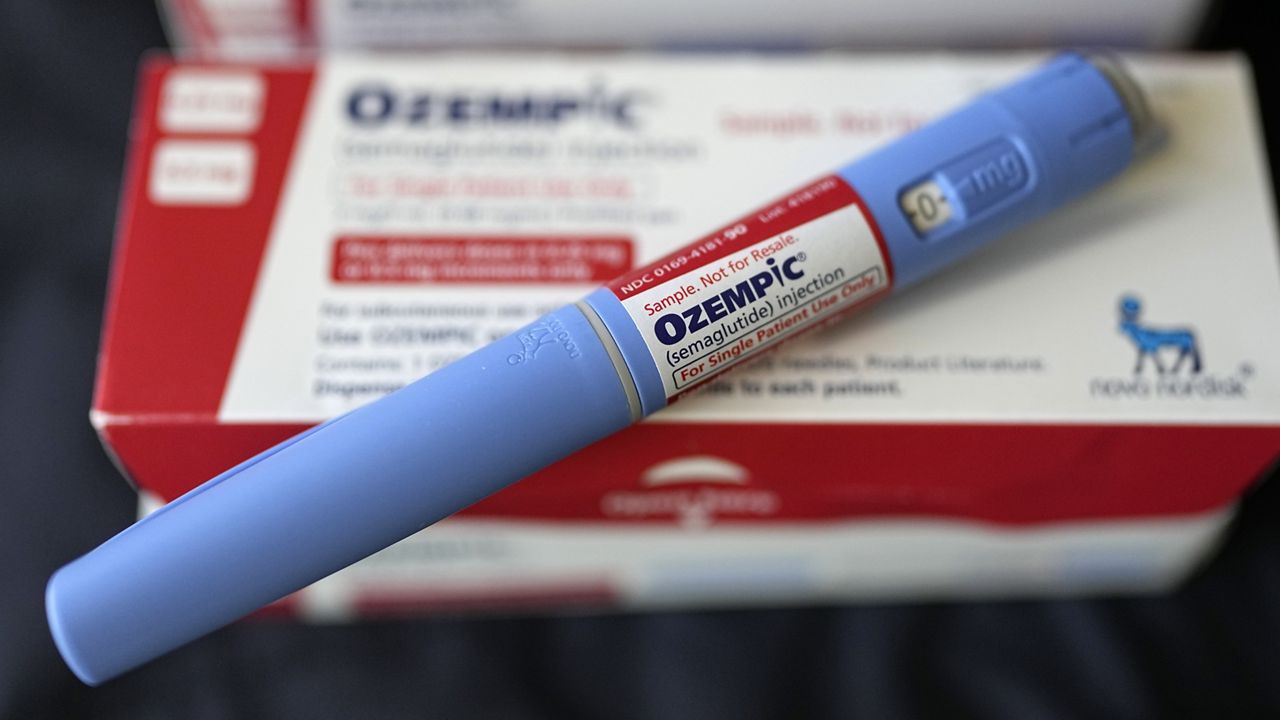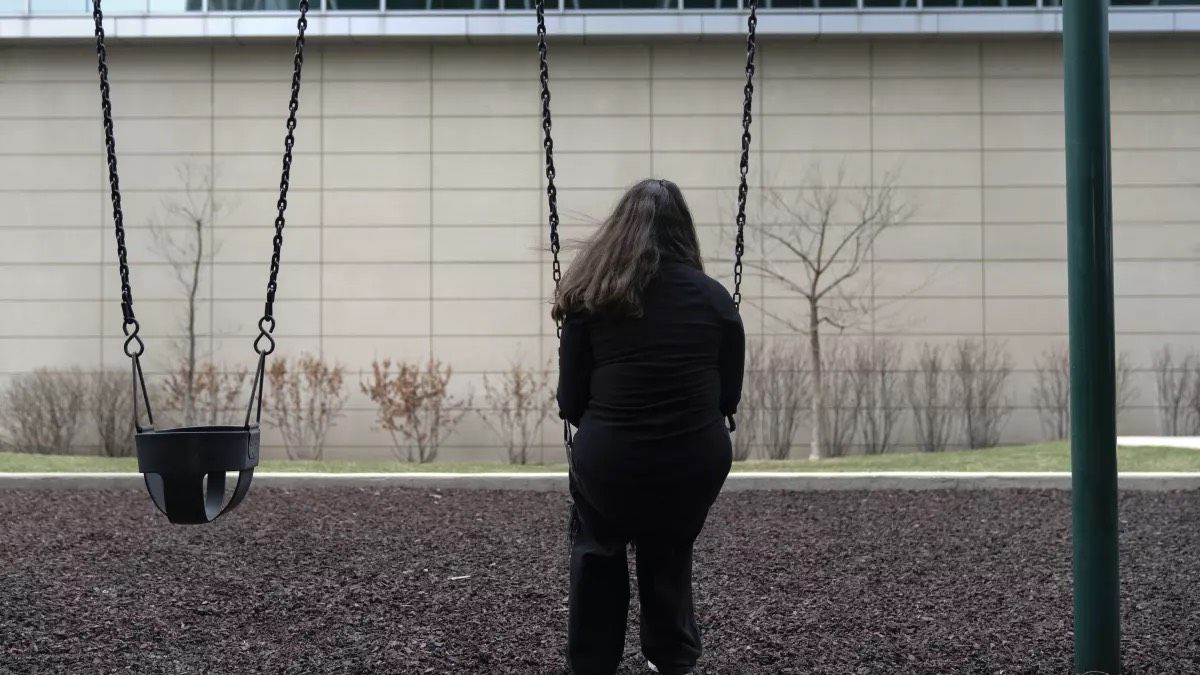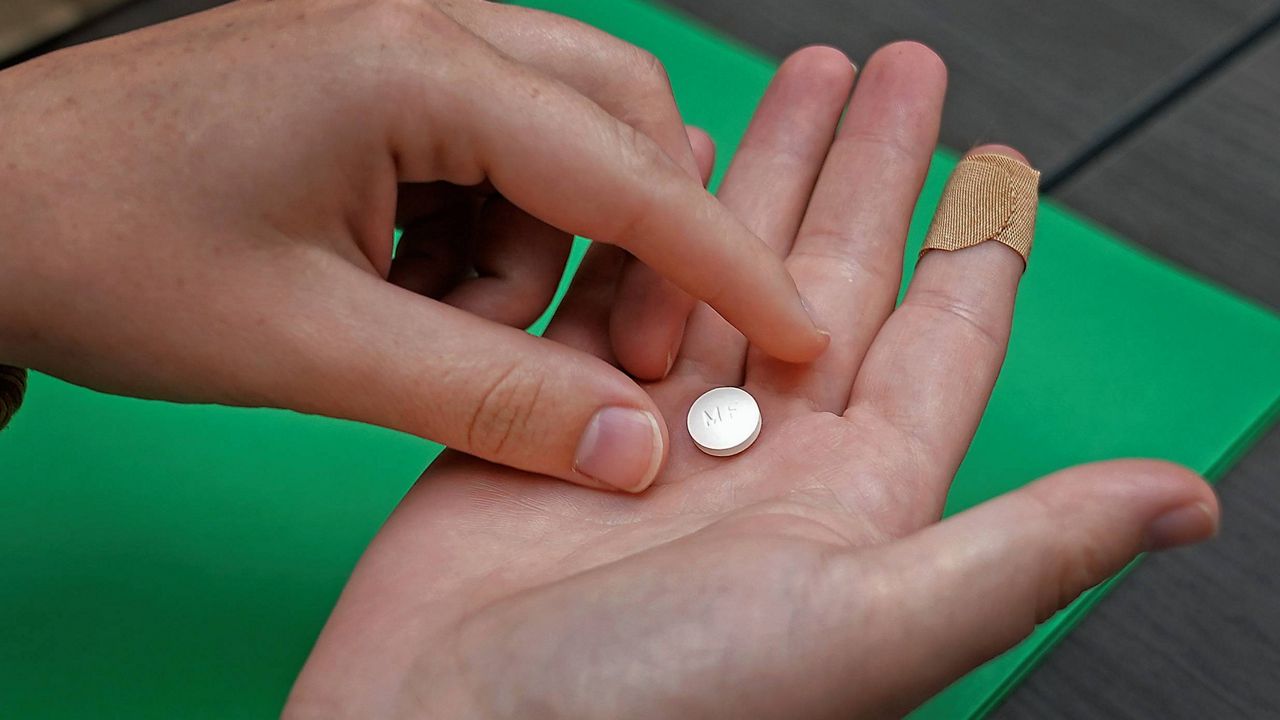With the weather getting warmer, many New Yorkers are making plans to hike, camp and enjoy the great outdoors, which means an increased risk of picking up ticks and tickborne diseases. According to the Centers for Disease Control and Prevention (CDC), there was an average of 46,000 cases every year between 2019 and 2022.
The good news is a program at SUNY Upstate Medical University could help if you find one of these. The program is returning after financial struggles and high demand.
“Ticks are becoming a major problem in the state of New York. And I would say the entire United States as well,” said Saravanan Thangamani, principal investigator at the SUNY Upstate Tick Testing Laboratory.
The Upstate Tick testing program detects if a tick is carrying a disease. Since it launched in 2019, its lab has processed more than 32,000 ticks.
"If someone gets bitten by a tick and if they know what the tick is carrying, and it actually gives them an information about if they are at risk of acquiring a disease or not," Thangamani said.
Most of us may think of Lyme disease when it comes to tick bites, but Thangamani says they test each tick for 16 different diseases. All of them should get treated immediately.
"Most of the tickborne diseases, at least that that that are transmitted by the deer ticks, if they are not treated during the early stages, it could lead to complications later, like some of the bacterial-transmitted diseases could actually be fatal if not treated right away," Thangamani said.
According to the CDC, the amount of Lyme disease cases has doubled since 2000. With more and more people concerned about the ramifications of a tick bite, the lab was flooded with thousands to test.
Thangamani said it was overwhelming.
"Although we got generous support from so many other agencies, we decided that, I mean, it's now impossible for us to actually continue provide free without a long-term sustainable support," Thangamani said.
That led to the suspension of the program in March of last year, before anyone in New York could send a tick for free.
Now they have a new model. It costs $37 for residents of Onondaga County and $75 for out-of-county residents to send ticks to get tested.
“The moment we charge some money, I know that the numbers will go down. For me to compensate that loss in the number of takes we receive, I decided to open up to the entire United States because I need to run a large operation to keep the prices low,” Thangamani said.
He said the goal is to get results back to people in three days.
The lab’s research is also expanding beyond the impact on humans. They’re gathering samples of ticks who bit animals like dogs or deer to monitor if any new diseases are emerging.
“We want to offer the quality," Thangamani said. "It's something that we are very, I'm very careful about what we do, because I know people are using our data. So it gives us additional responsibly, OK? We need to be careful what we are telling, what we are doing, how we are reporting and all those things.”








